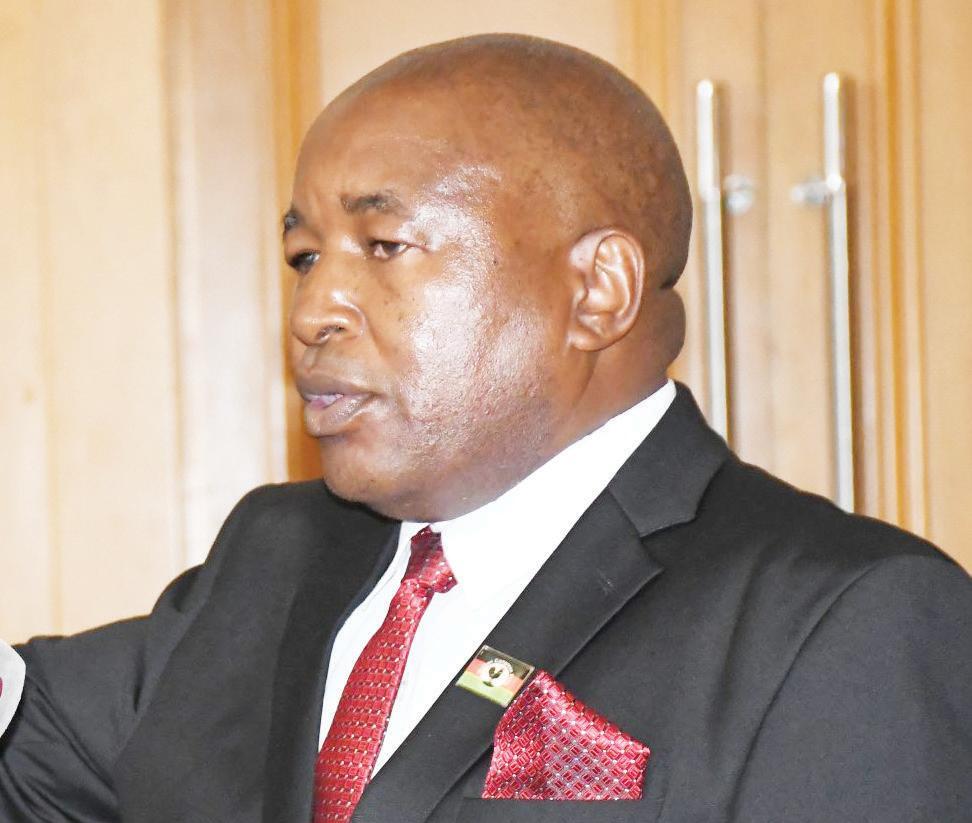Africa-Press – Malawi. Supreme Court of Appeal judge Frank Kapanda has ruled that the Anti-Corruption Bureau (ACB) abused its powers in soliciting evidence from the United Kingdom’s National Crime Agency (NCA) to use in cases related to Zuneth Sattar, mainly the case involving former Lands Minister Kezzie Msukwa and Sattar’s associate Ashok Kumar.
The judgement means the ACB will not be allowed to use the evidence sourced from the NCA in Msukwa’s case or that of Ashok.
Delivering the ruling yesterday in an appeal filed by Msukwa and Ashok, Kapanda said that the bureau abused its powers by sourcing the evidence directly without involving the office of the Attorney General (AG).
According to Kapanda, the ACB was supposed to request the information from the NCA through the Attorney General, which the ACB did not do.
The court has, however, allowed the ACB to proceed with the case in the lower court but ruled that the evidence sourced from the NCA should not be admitted, thereby limiting the ACB to evidence it sourced locally.
Speaking after the judgement was delivered, lawyer representing Msukwa, Chimwemwe Kalua, said the ACB is at liberty to continue the case in the High Court but insisted that the defence will not allow the use of UK evidence following the court’s ruling.
“The court has said it is now up to the ACB Director General to pursue the matter or not because the court has agreed with us that the ACB Director acted outside her powers by engaging the NCA on the evidence.
“The court has also ruled that this evidence they sourced is inadmissible and should not be used in court if they decide to continue the matter in the High Court,” Kalua said.
Chief Legal and Prosecutions Officer for the ACB, Bernard Mlozoa Phiri, said the ACB will go back to the drawing board to check whether the evidence they locally sourced will earn them a conviction.
“The Supreme Court has agreed with the defence on the evidence and we will review the evidence we sourced locally ourselves to assess how strong it is. The question will be whether that evidence can help us secure a conviction,” Phiri said.
In his appeal, Msukwa argued through his lawyer that the ACB erred in investigating, arresting and prosecuting him based on information gathered from the NCA, saying foreign evidence obtained without going through the AG is inadmissible in Malawian courts.
In an affidavit supporting his application, his lawyer Kalua argued that the information the ACB obtained on Sattar, which led to Msukwa’s investigations and subsequent arrest, was illegally obtained without being sanctioned by a cooperation arrangement between Malawi, through the AG, and the UK Government or the NCA.
The court, however, ruled in favour of the ACB regarding Msukwa’s arrest and investigations, saying the bureau acted within its powers since they had obtained a warrant.
But the court criticised the bureau for handcuffing Msukwa, who was unwell at the time.
Msukwa, in his appeal, challenged his arrest based on NCA evidence and the handcuffing while he was receiving treatment.
His lawyer Kalua said, following the court’s ruling that handcuffing Msukwa was unlawful, his client will decide whether to pursue the matter further.
“The court has said any remedies he wishes to pursue must be sought separately, so as a lawyer, I will sit down with my client to see if we can seek remedies for this unlawful conduct by the ACB,” Kalua said.
Msukwa and Ashok were arrested in December 2021 in connection with a plot in Area 46, Lilongwe, which was sold to UK-based businessperson Zuneth Sattar.
Late last month, Sattar, who is accused of bribing some Malawi Government senior officials, was formally charged in the UK with 18 counts bordering on corrupt practices alongside his company Xavier Limited, which allegedly supplied numerous goods and services at inflated prices.
The court set June 26, 2025 for further hearing, during which the case is expected to be referred to the Crown Court, which is the UK’s criminal court responsible for hearing indictable cases.
For More News And Analysis About Malawi Follow Africa-Press






